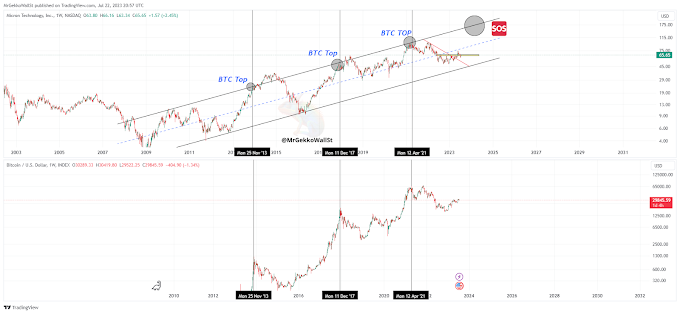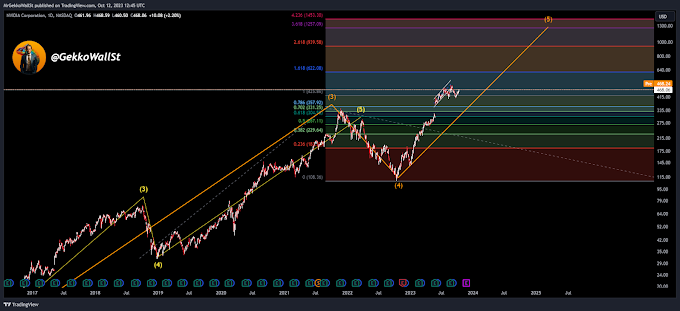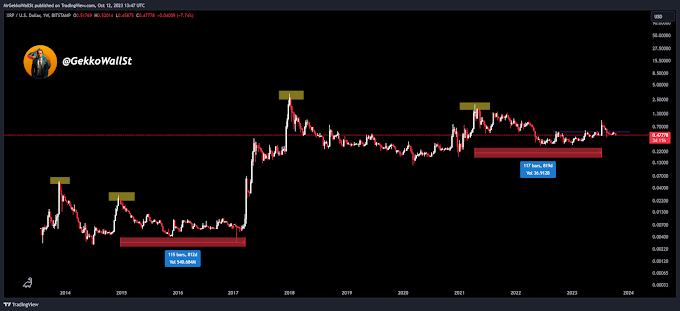Ethereum is a decentralized computing platform based on blockchain that enables the creation and execution of smart contracts and decentralized applications (dApps). Proposed in 2013 by Vitalik Buterin and launched in 2015, Ethereum is an evolution of the blockchain concept introduced by Bitcoin, but goes beyond, allowing developers to build self-executing programs and contracts without the need for intermediaries.
One of Ethereum's key features is its Turing-complete programming language called Solidity, which enables developers to write smart contracts. Smart contracts are programs containing rules and logic that automatically execute when specified conditions are met. This has a wide range of applications, from automated financial agreements to voting systems and more.
The native currency of the Ethereum network is called Ether (ETH), which is used to pay transaction fees and reward miners for validating transactions and maintaining the network. Additionally, Ethereum introduced the idea of ERC-20 tokens and other token standards, enabling the creation of custom digital assets such as utility tokens, security tokens, and more.
The ability to create smart contracts and dApps on Ethereum brought significant innovation to the blockchain space and has formed the foundation for many projects and decentralized applications in areas like finance, gaming, digital identity, supply chain, and more. However, it's important to note that blockchain technology, including Ethereum, also faces challenges in terms of scalability, security, and mass adoption.





